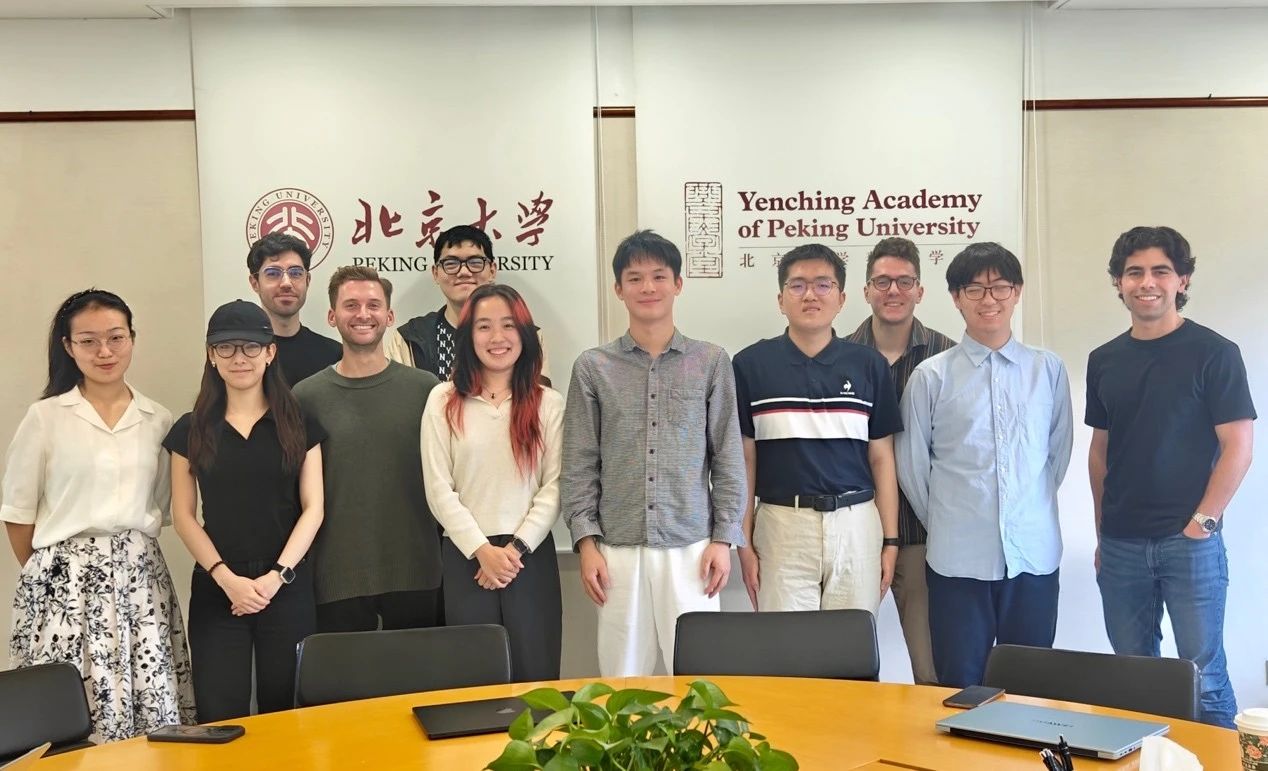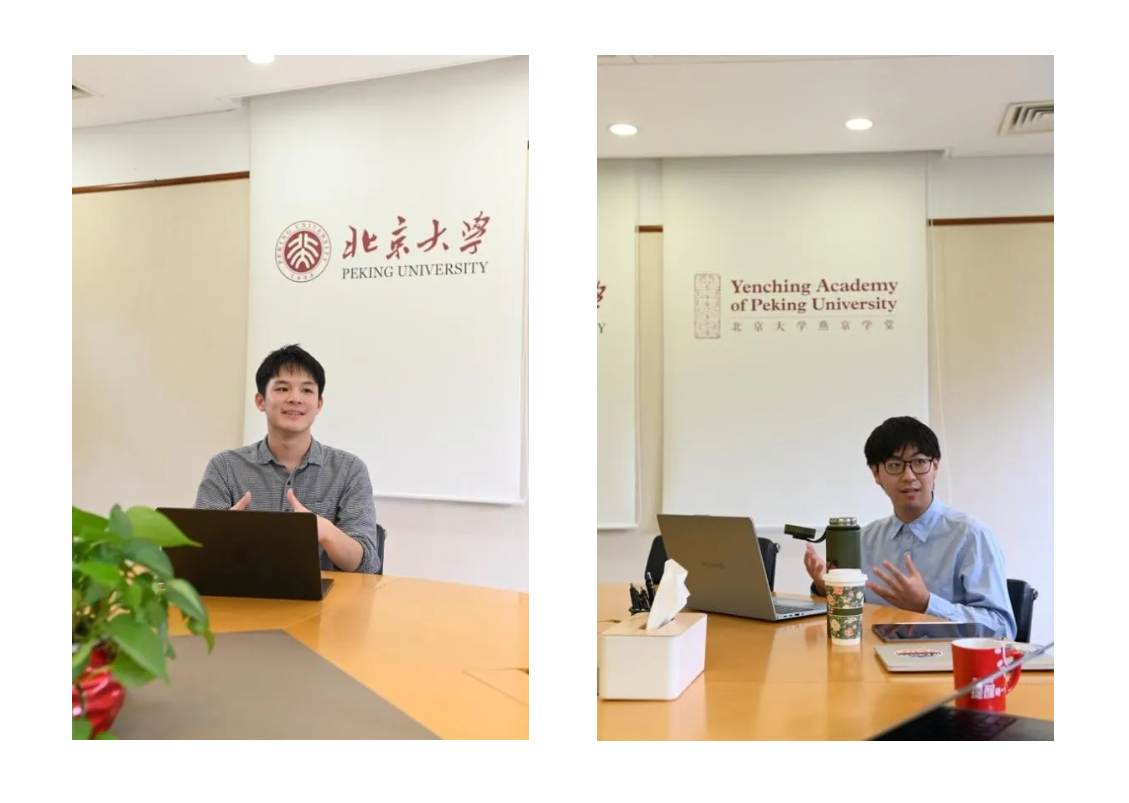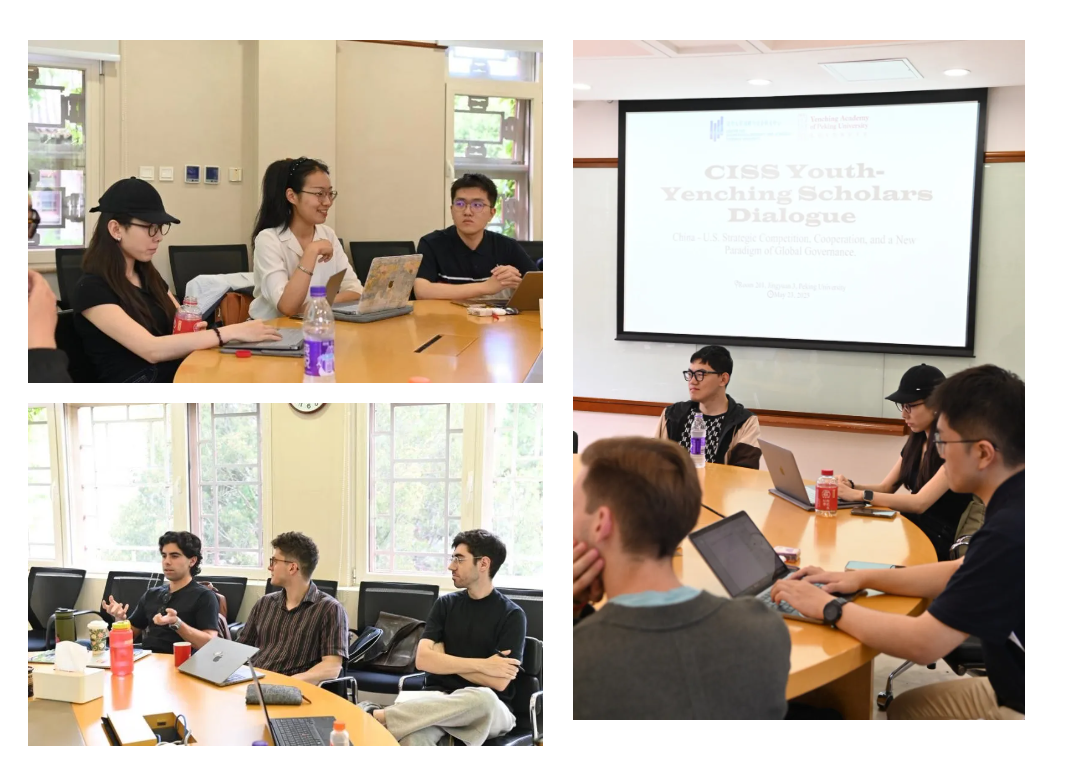On May 23, representatives of the CISS Youth program from the Center for International Security and Strategy (CISS) at Tsinghua University visited the Yenching Academy of Peking University for a dialogue session. The event, titled "China-U.S. Strategic Competition, Cooperation, and a New Paradigm of Global Governance," brought together ten young representatives from China, the United States, and Europe for in-depth discussions on the evolving international landscape, the future of China-U.S. relations, and the transformation of the global governance system. The dialogue was moderated by Zhang Yuanshinan, Secretary-General of CISS Youth.

During the dialogue, participants explored key issues surrounding the intensifying strategic competition between China and the United States. They examined opportunities for potential cooperation, mechanisms to manage mutual strategic distrust, pathways to avoid misjudgment and escalation, and the broader implications of China-U.S. relations for the reform of global governance. Despite the challenges, participants agreed that the two countries share common interests and cooperation potential in areas such as nuclear non-proliferation, artificial intelligence governance, and climate change. The discussion also emphasized the importance of breaking stereotypes and strengthening cross-cultural understanding. Participants engaged in thoughtful exchanges on topics such as media narratives, international discourse power, and the logic behind policymaking.


Following the dialogue, the CISS Youth representatives were invited to watch a student-produced performance of the classic play A Midsummer Night’s Dream, staged by students of the Yenching Academy.
Participants from the Yenching Academy included Ignacio Barroso Gomez, Lucas Miner, Harry Solomon Rubin, Li Ke, Lu Yilin, and Zhao Guantong, as well as Blake Kravitz from the Guanghua School of Management at Peking University. CISS Youth representatives included Zhang Yuanshinan (M.A. student, China Foreign Affairs University), Huang Chenxuan (undergraduate student, Tsinghua University), Zhao Chenxi (M.A. student, Peking University), and Wang Qiheng (undergraduate student, Peking University).
